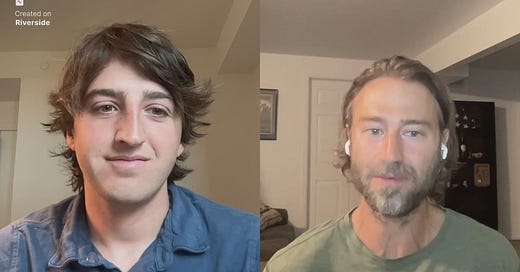Last week the Supreme Court made its ruling in Trump v. United States, the case involving January 6th and questions surrounding presidential immunity.
—author of the fabulous political newsletter “Wake Up To Politics”—was in the Supreme Court last week and breaks down the case and ruling for all of us.Gabe gave us a quick cheat sheet of the three buckets of immunity in his recent post:
For “official acts” within the president’s “exclusive sphere of constitutional authority,” presidents are accorded absolute immunity from prosecution.
For “unofficial acts,” presidents have no immunity.
For “official acts” outside of the president’s “core constitutional powers,” presidents have the presumption of immunity, but they can still theoretically be prosecuted after leaving office if the Justice Department can prove that bringing charges would not intrude on the “authority and functions” of the executive branch.
TL;DR: SCOTUS ruled that presidents have broad immunity from prosecution so long as they are performing official presidential acts. Who decides what’s official? The courts. Yikes.
















Share this post